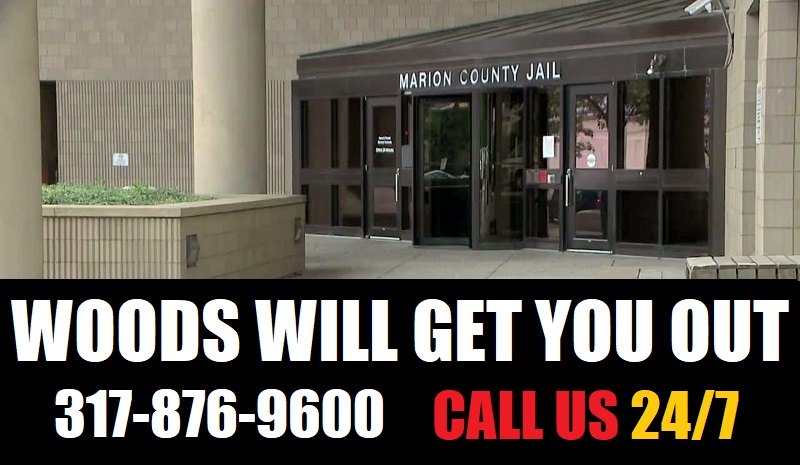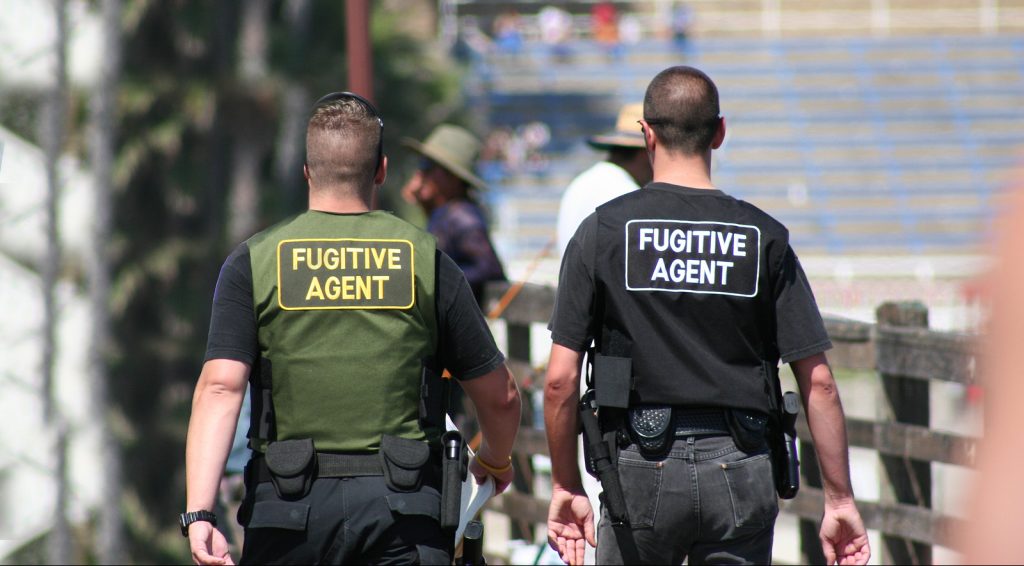No one has to be subjected to paying the full bail premium set by the courts in Indiana, so long as they choose a reliable bail bond agent. A local bail bonds company can give you the financial relief you are looking for when it comes time to bail yourself, a loved one, or a friend out of jail. With the services of a bail bondsman, a $10,000 bond will only cost you between $1,000 and $1,500, depending on the company you hire.
You see, here in Indiana, bail bondsman rates are regulated by the state. This means that a bail bondsman can only charge what the state says they can. Typically, the Indiana Department of Insurance permits bail bond agents to charge anywhere between 10% and 15% of the total bond premium, upon their own discretion. But right now, there are some counties permitted to charge even lower rates.
Continue reading to learn which Indiana bail agency is allowed to charge a lower fee than 10% for their services!

Call Woods Bail Bonds for 8% Service Rates!
Woods Bail Bonds is currently offering the lowest state minimum bail bond fee of 8% to those in need of a release from Marion County Jail! In order to qualify for this low rate, you must meet certain criteria. Best of all, our bail bond agents work 24 hours a day and 7 days a week in over 30 Indiana counties, which means we are serving your very county at this very moment!
How to Get in Touch
Woods Bail Bonds has active bail agents working in more than 30 local Indiana counties. Furthermore, we have a main headquarters in Northern, Southern, and Central Indiana. Here is how to get in touch with each office for help with your bail needs and questions:
☎ North Office (765) 644-0400
☎ South Office (812) 333-3399
☎ Central Offices: Indy (317) 876-9600 – Noblesville (317) 770-7400
Prearranged Bail Bonds for Arrest Warrants
In addition to standard state and federal bail bond services, we also offer prearranged bail bonds. You see, if you must turn yourself for an arrest warrant, our bail agents can get all the paperwork and procedures done before you walk into the jail, and therefore, speed up the entire surrender and release process. We will give you a ride to the jail, wait there, and then bring you back to our office, making the entire process as convenient as possible. In some cases, we can have you out in as little as 1 hour!
Contact Us Today for Help
Call Woods Bail Bonds at 317-876-9600 for safe and secure Indianapolis bail bond services you can trust. We operate 24 hours a day, 7 days a week, and 365 days a year, which means we are always standing by to take your call. Whether 3am or a national holiday, our Indiana bail bondsmen are out there getting people like you out of jail, safely and securely.




